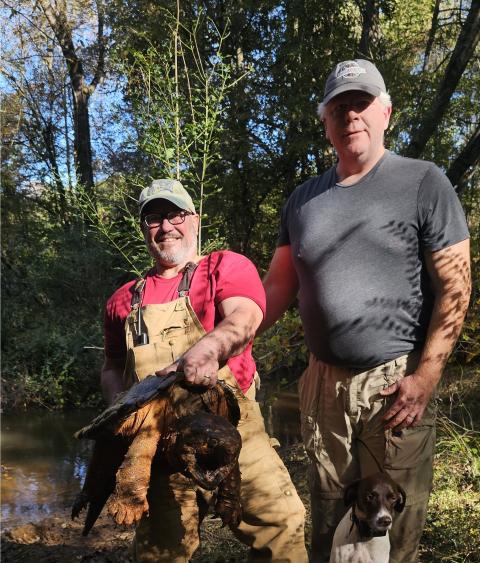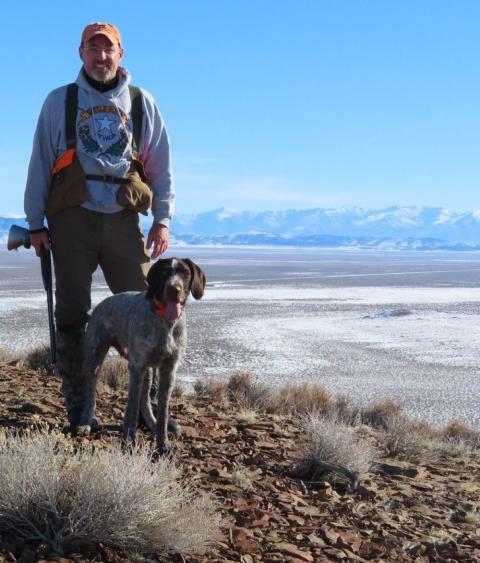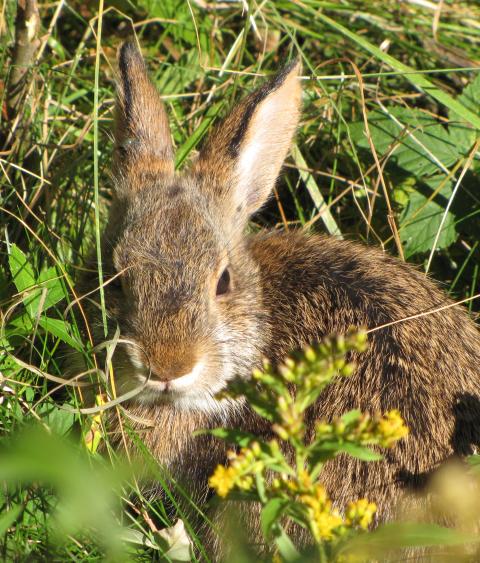Conservation Brief
DOI Launches Bison Conservation Initiative
On May 7, the Department of the Interior announced that it will be working with partners through a 10-year cooperative initiative to coordinate conservation of wild American bison. The Bison Conservation Initiative (BCI) brings together the DOI Bison Working Group – including representatives from National Park Service (NPS), U.S. Fish and Wildlife Service (FWS), Bureau of Land Management, U.S. Geological Survey, and the Bureau of Indian Affairs – with partner conservation organizations, tribal entities, and other agencies to coordinate resources for bison metapopulation management. Also released was a Population Viability Study conducted by the Wildlife Conservation Society, NPS and FWS.
The study’s executive summary states: “While plains bison are no longer threatened by demographic extinction, most DOI bison continue to exist in relatively small, isolated, range-restricted herds, confined by fences and further bound by socio-political concerns that limit their ecological recovery. Small, isolated populations are vulnerable to extirpation due to random catastrophic events such as disease outbreaks or extreme weather events. Small, isolated populations also lose genetic diversity more quickly than large populations through the process of genetic drift, which in turn can decrease the viability of populations through an accumulation of inbreeding and loss of adaptive capacity.”
According to DOI, the Bison Conservation Initiative will be organized around five central goals:
- Wild, Healthy Bison Herds: A commitment to conserve bison as healthy wildlife.
- Genetic Conservation: A commitment to an interagency, science-based approach to support genetic diversity across DOI bison conservation herds.
- Shared Stewardship: A commitment to shared stewardship of wild bison in cooperation with states, tribes and other stakeholders.
- Ecological Restoration: A commitment to establish and maintain large, wide-ranging bison herds on appropriate large landscapes where their role as ecosystem engineers shape healthy and diverse ecological communities
- Cultural Restoration: A commitment to restore cultural connections to honor and promote the unique status of bison as an American icon for all people.
Later this year, wild bison will be transferred from the Rocky Mountain Arsenal National Wildlife Refuge in Colorado to Theodore Roosevelt National Park in North Dakota. Translocated bison will be included in an on-going NPS genetics study to measure the extent of their integration into an existing herd. DOI will also donate wild bison to help establish a new herd on the Rosebud Sioux Reservation in South Dakota through a cooperative project between the Rosebud Economic Development Corporation and the World Wildlife Fund.
“We are doing something that has never been done. It shows what is possible when business, philanthropy, and government work together to create multiple bottom line initiatives supporting the environment, people, fiscal responsibility, and Native nation building,” said Rosebud Economic Development Corporation’s CEO, Wizipan Little Elk.



